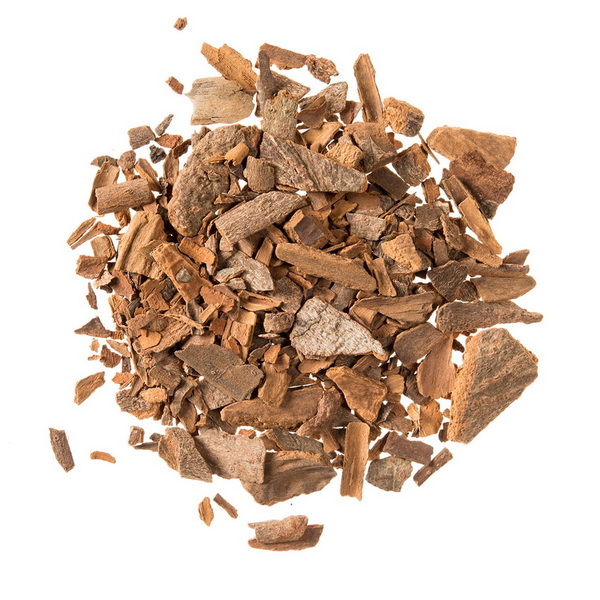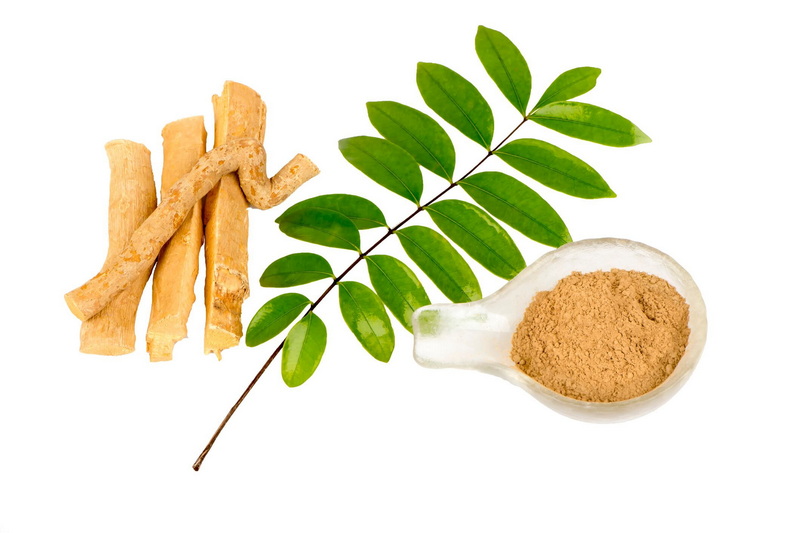Content Menu
● Introduction to Tongkat Ali
>> Benefits of Tongkat Ali
>> Production Process of Tongkat Ali Extract
>>> Extraction Methods
● Benefits of Sourcing from a Tongkat Ali Extract Factory
>> Quality Assurance
>> Cost-Effectiveness
>> Variety of Products
>> Research and Development
● Challenges and Considerations
>> Sustainability and Environmental Impact
>> Regulatory Compliance
>> Market Trends and Consumer Preferences
● Market Analysis
>> Global Demand
>> Competitive Landscape
>> Future Prospects
● Conclusion
● Frequently Asked Questions
>> 1. What are the primary health benefits of Tongkat Ali?
>> 2. How is Tongkat Ali extract typically produced?
>> 3. What are the advantages of sourcing from a Tongkat Ali extract factory?
>> 4. Are there any environmental concerns related to Tongkat Ali production?
>> 5. What regulatory standards do Tongkat Ali extract factories typically follow?
● Citations:
Tongkat Ali, also known as Eurycoma longifolia, is a plant native to Southeast Asia, particularly in Malaysia and Indonesia. It has been used for centuries in traditional medicine for its various health benefits, including stress relief, testosterone enhancement, and improved fertility. The demand for Tongkat Ali extract has increased significantly due to its potential benefits in modern health and wellness. Sourcing from a Tongkat Ali extract factory can provide several advantages, including quality assurance, cost-effectiveness, and access to a wide range of products.

Introduction to Tongkat Ali
Tongkat Ali is renowned for its bioactive compounds, such as quassinoids, which are believed to contribute to its health benefits. These compounds are thought to enhance testosterone levels, improve libido, and support overall reproductive health in men. Additionally, Tongkat Ali has been studied for its potential to reduce stress by lowering cortisol levels and improving mood states like tension and anger.
Benefits of Tongkat Ali
1. Stress Relief and Mood Enhancement: Studies have shown that Tongkat Ali can reduce cortisol levels by up to 16%, leading to decreased stress, anger, and tension.
2. Testosterone Boost: It is known to increase testosterone levels, which can improve male fertility and libido.
3. Muscle Strength and Endurance: Tongkat Ali is considered a natural ergogenic aid, helping athletes enhance muscle mass and endurance.
4. Fertility Improvement: It has been found to improve sperm concentration and motility, potentially aiding in fertility issues.
5. Cognitive Function: Some studies suggest that Tongkat Ali may also improve cognitive function and reduce fatigue.
Production Process of Tongkat Ali Extract
The production of Tongkat Ali extract typically involves a hot water extraction process from dried root chips of Eurycoma longifolia. The extract is then concentrated through evaporation and sterilized before being packaged as a fine powder. This process is conducted under Good Manufacturing Practice (GMP) standards to ensure quality and safety.
Extraction Methods
- Hot Water Extraction: This traditional method involves heating the plant material in water to extract bioactive compounds.
- Continuous-Flow Evaporation: A more modern technique used to concentrate the extract efficiently.
- Alternative Methods: Other methods like microwave-assisted extraction and ultrasonic extraction are also explored for efficiency and purity.
Benefits of Sourcing from a Tongkat Ali Extract Factory
Quality Assurance
Sourcing from a factory ensures that the extract is produced under strict quality control measures, adhering to international standards like GMP and ISO 22000:2005. This guarantees the consistency and purity of the product, which is crucial for maintaining its efficacy and safety.
Cost-Effectiveness
Factories can produce Tongkat Ali extract on a large scale, reducing costs compared to smaller-scale producers. This allows businesses to offer competitive pricing while maintaining profit margins.
Variety of Products
A factory setting enables the production of various formulations, such as capsules, powders, and liquid extracts, catering to different consumer preferences and needs.
Research and Development
Factories often invest in research and development, exploring new extraction methods and product formulations that can enhance the bioavailability and effectiveness of Tongkat Ali extract.

Challenges and Considerations
Sustainability and Environmental Impact
The increasing demand for Tongkat Ali raises concerns about sustainability and environmental impact. Factories must ensure that their sourcing practices are sustainable and do not harm the ecosystem. This includes implementing practices like replanting and ensuring that harvesting does not deplete natural resources.
Regulatory Compliance
Compliance with local and international regulations is essential to avoid legal issues and ensure consumer safety. This includes adhering to standards set by regulatory bodies such as the FDA in the United States and EFSA in Europe.
Market Trends and Consumer Preferences
Understanding market trends and consumer preferences is crucial for Tongkat Ali extract factories. Consumers are increasingly looking for natural and organic products, which presents an opportunity for factories to develop products that meet these demands.
Market Analysis
Global Demand
The global demand for Tongkat Ali extract is on the rise due to its popularity in the health and wellness industry. This trend is driven by consumers seeking natural solutions for stress relief, fertility issues, and muscle enhancement.
Competitive Landscape
The competitive landscape for Tongkat Ali extract is diverse, with both local and international players. Factories must differentiate themselves through quality, innovation, and customer service to maintain market share.
Future Prospects
The future prospects for Tongkat Ali extract are promising, with ongoing research exploring its potential benefits in new areas such as cognitive health and anti-aging. This presents opportunities for factories to expand their product lines and enter new markets.
Conclusion
Sourcing Tongkat Ali extract from a factory offers numerous benefits, including quality assurance, cost-effectiveness, and access to a variety of products. However, it is important to consider sustainability and regulatory compliance to ensure long-term viability. As the demand for natural health supplements continues to grow, Tongkat Ali extract factories will play a crucial role in meeting this demand while maintaining high standards of quality and safety.

Frequently Asked Questions
1. What are the primary health benefits of Tongkat Ali?
Tongkat Ali is primarily known for its ability to increase testosterone levels, improve male fertility, reduce stress by lowering cortisol levels, and enhance muscle strength and endurance.
2. How is Tongkat Ali extract typically produced?
Tongkat Ali extract is typically produced through a hot water extraction process from dried root chips of Eurycoma longifolia. The extract is then concentrated and sterilized before packaging.
3. What are the advantages of sourcing from a Tongkat Ali extract factory?
Sourcing from a factory ensures quality assurance, cost-effectiveness, and access to a variety of products. Factories also invest in research and development to improve product formulations.
4. Are there any environmental concerns related to Tongkat Ali production?
Yes, there are concerns about sustainability and environmental impact due to the increasing demand for Tongkat Ali. Sustainable sourcing practices are essential to mitigate these effects.
5. What regulatory standards do Tongkat Ali extract factories typically follow?
Tongkat Ali extract factories typically follow Good Manufacturing Practice (GMP) and ISO 22000:2005 standards to ensure quality and safety.
Citations:
[1] https://pmc.ncbi.nlm.nih.gov/articles/PMC3669033/
[2] https://pmc.ncbi.nlm.nih.gov/articles/PMC8693240/
[3] https://www.netmeds.com/health-library/post/tongkat-ali-health-benefits-uses-dosage-and-side-effects
[4] https://patents.google.com/patent/CA3067807A1/en
[5] https://www.healthline.com/nutrition/tongkat-ali-longjack-review
[6] https://akarali.com/tongkat-ali-frequently-asked-questions/
[7] https://www.health.com/tongkat-ali-7552966
[8] https://www.ncbi.nlm.nih.gov/books/NBK609015/

 English
English





























